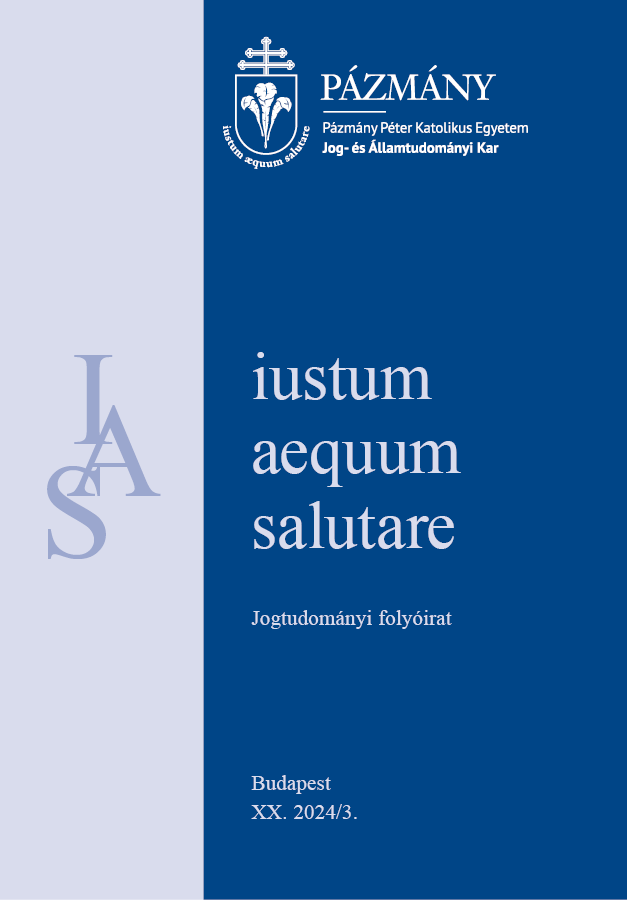A lakóingatlan értékesítés áfa mértékének csökkentése – a szociálpolitika eszköze?
Absztrakt
Az ingatlanok általános forgalmi adó kezelésének meghatározása – elsődlegesen az új lakóingatlanokra vonatkozó kedvezményes adómérték alkalmazásával – az elmúlt években visszatérő adópolitikai eszköz Magyarországon. 2010-től kezdődően fontos adópolitikai célkitűzés volt, hogy az adókon belül egyre hangsúlyosabbá váljanak a fogyasztási típusú adók a jövedelmeket terhelő adókkal szemben és a bonyolult, illetve túlszabályozott adózási és adóbeszedési rendszer, köztük az áfafizetés és az áfabeszedés rendszere megújuljon.
Az utóbbi időszakban az általános forgalmi adót érintően kiadott értekezések számottevő részét tették ki az új lakások értékesítése kapcsán bevezetett 5%-os adómérték alkalmazhatóságával kapcsolatos kérdések, illetve értelmezések. Ennek kapcsán kiemelendő, hogy a szabályozás 2024 végéig továbbra is hatályba van (illetve bizonyos feltételekkel egészen 2028 végéig), továbbá nem zárható ki annak további évekre történő meghosszabbítása, figyelemmel az elmúlt évek tendenciáira.
Jelen tanulmányban azt elemzem, hogy mennyiben igazságos a kedvezményes adómérték meghatározása olyan, a gazdaságban kiemelt szerepet betöltő szektor, mint a lakóingatlan értékesítések vonatkozásában, illetve valójában szolgált, valamint szolgálhat-e szociálpolitikai célokat az adómérték csökkentése, mint ahogyan az a törvényi indokolásból kitűnik.
Copyright (c) 2024 Butor Gábor

This work is licensed under a Creative Commons Attribution 4.0 International License.


